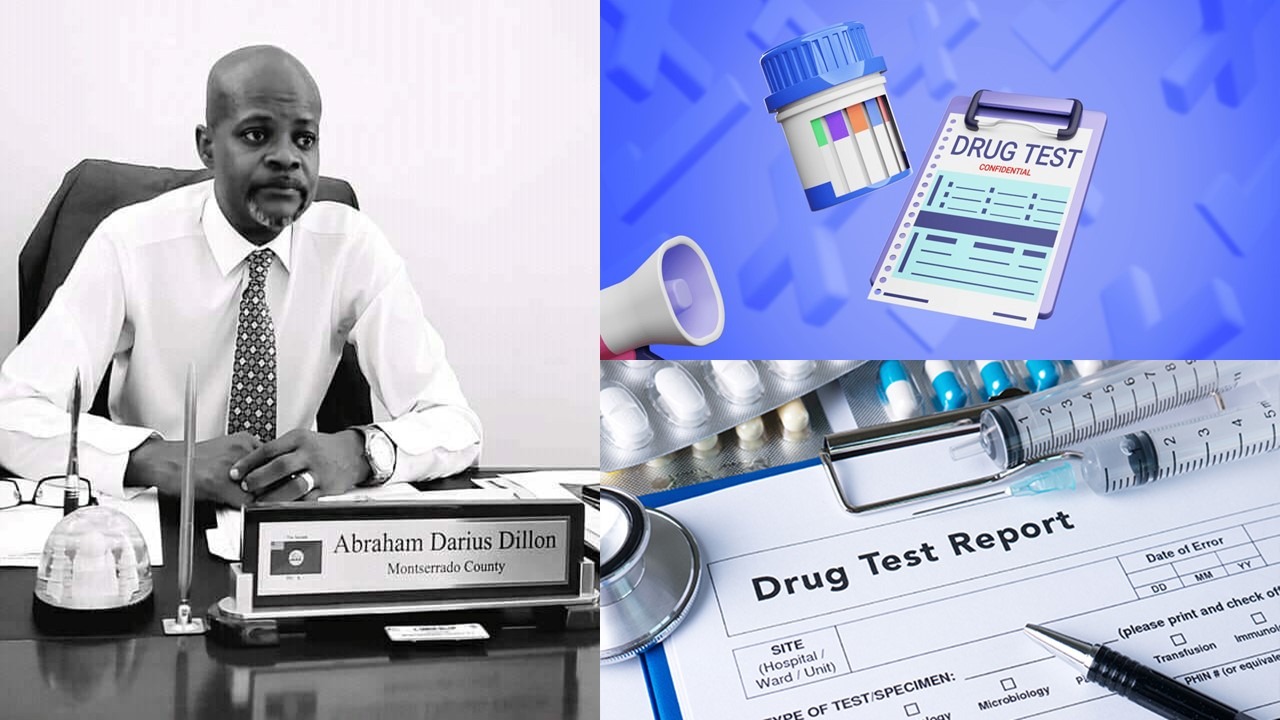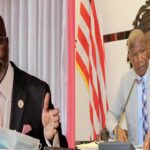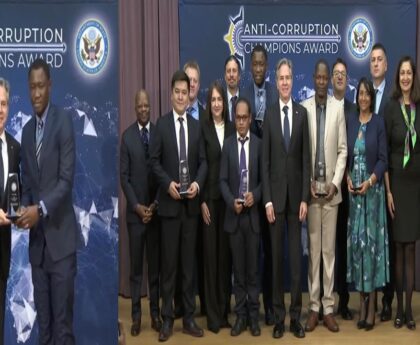Senator Abraham Darius Dillon of Montserrado County has thrown a controversial grenade into the national conversation: Should high-ranking government officials, including himself, pass a mandatory drug test before taking the reins of power?
Dillon’s audacious proposal sparks a firestorm, challenging the norms of political decorum and raising critical questions about the suitability of individuals with a potential history of drug use for key government positions.
In a surprising twist, Senator Dillon broadens the scope of his proposal, calling for mandatory drug testing for all public officials. The question now extends beyond political appointments, stirring debate on whether every individual in a public role should undergo scrutiny.
Critics are quick to decry what they see as an intrusion into personal privacy, while supporters applaud Dillon’s bold move as a necessary step to ensure leaders remain above reproach and free from the influence of substances that might compromise their decision-making.
As the senator drops this bombshell, attention inevitably turns to his “Center for Rehabilitation and Reintegration.” The graduation ceremony of disadvantaged youths takes on added significance, casting a shadow on Dillon’s own advocacy for stringent drug testing.
While some hail Senator Dillon’s approach as a bold stand against substance abuse, others argue that it wields a double-edged sword, potentially pushing the boundaries of political discourse and private life.
The controversial proposal has thrust Senator Dillon into the spotlight, triggering a national controversy that questions not only future appointments but also the boundaries of political grandstanding and the lengths politicians will go to redefine the status quo. As the debate unfolds, Liberia finds itself at the crossroads of a conversation that delves into the delicate balance between personal privacy, political responsibility, and the quest for transparency in public service.




